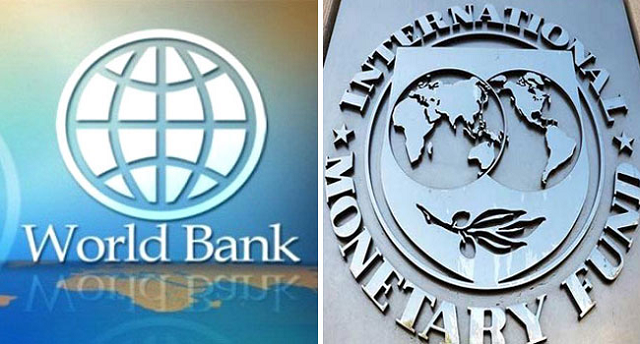The International Monetary Fund (IMF) has thrown its weight behind Nigeria’s Single Window Trade Project, describing the initiative as a pivotal component of the country’s economic reform strategy aimed at boosting trade efficiency, increasing government revenue, and accelerating national development.
The endorsement was conveyed during a strategic meeting between Nigeria’s Minister of Finance and Coordinating Minister of the Economy, Wale Edun, and a delegation from the IMF’s Fiscal Affairs Department led by Technical Assistance Advisor for Revenue Administration, Marco Antonio.
Antonio commended the initiative, highlighting its potential to simplify trade processes and enhance the ease of doing business in Nigeria. He reiterated the IMF’s willingness to offer further technical support to ensure the seamless implementation of the project.
“We recognise the Single Window Project as a transformative step in modernising Nigeria’s trade ecosystem,” Antonio stated, underscoring its capacity to drive economic progress and position the country as a more attractive investment destination.
Responding, Edun affirmed the project’s steady progress, noting that all necessary approvals had been secured and that a dedicated team had been put in place to oversee its execution.
“The Single Window Trade Project is more than a reform—it is a cornerstone of Nigeria’s economic transformation,” the minister said.
He emphasised the initiative’s potential to enhance Nigeria’s export performance, especially as the country moves closer to achieving its production target of 2.2 million barrels of oil per day.
Launched in April 2024, the Single Window Trade Project is designed to overhaul Nigeria’s trade landscape by digitising and streamlining customs and regulatory procedures. It aims to significantly reduce bureaucratic bottlenecks, enhance transparency, and minimise transaction costs for local businesses and international traders alike.
Under the new system, exporters will no longer be required to interact with multiple government agencies spread across different locations. Instead, digital platforms will consolidate compliance processes, potentially reducing paperwork from 40 separate documents to just four digital pages and cutting cargo clearance times dramatically.
The project, which enjoys the full backing of President Bola Tinubu and the Nigeria Customs Service, is expected to unlock substantial new revenue streams while enhancing Nigeria’s global competitiveness and reinforcing its leadership in African trade.
The IMF’s endorsement arrives at a critical moment in Nigeria’s economic reform journey, as the country seeks to diversify its economy beyond oil and build a foundation for long-term, sustainable growth.













